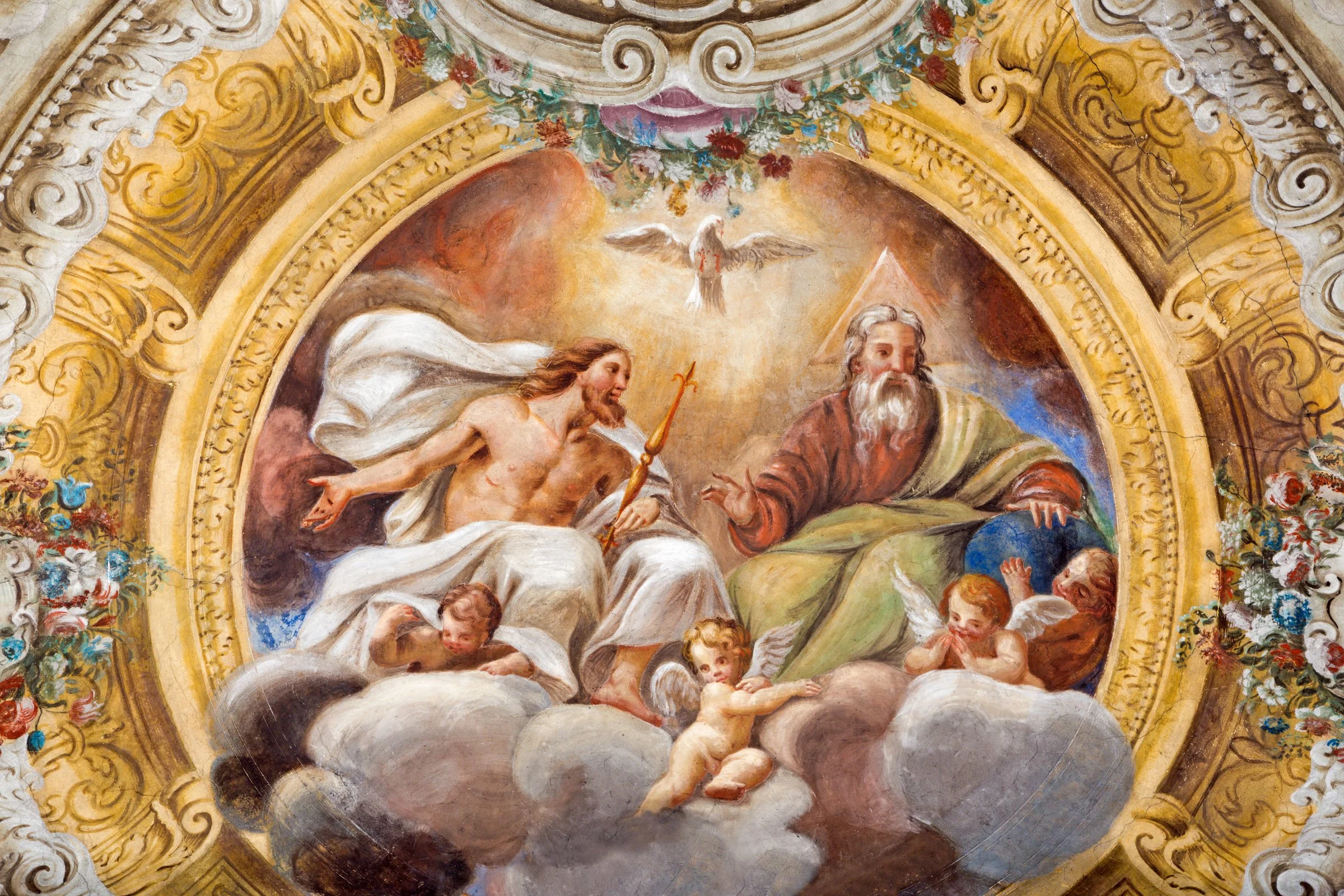In the Old Testament, there are plural names and pronouns for God. For example, the names Elohim and Adonai or plural. Some scholars claim this plurality relates to “a plurality of majesty.” However, in Genesis, we read: “Let Us make man in Our image, according to Our likeness” (Genesis 1:26). Notice the plural pronouns. Others are found in Genesis 3:22 and 11:7. In Isaiah, we read: “I heard the voice of the Lord [Adonai], saying: Whom shall I send, and who will go for Us?” (Isaiah 6:8). This verse acknowledges the oneness and unity of God, but also incorporates God’s plurality, inferring plurality in unity.
The Attributes of God
God’s attributes include His self-existence, immutability (unchanging), eternality, omnipresence (everywhere), omniscience (all-knowing), omnipotence (unlimited), and sovereignty (all-ruling power). God’s attributes are one with and in complete unity with Him. While God is limitless, He has chosen to restrain His will, giving humanity a degree of “free will.” This is the great mystery and the seeming paradox of God’s absolute sovereignty versus His limited will.
Redemption of the Soul
It is written, “The LORD God formed man of the dust of the ground, and breathed into his nostrils the breath of life [nishmat chaim]; and man became a living being [in Hebrew a living soul—Nefesh Chaya]” (Genesis 2:7). Thus, God created man in His image, male and female He created us. We are therefore complex beings comprised of a body formed by the hand of God and made from the dust of the earth, and a soul, a spirit that God breathed into us. While certain basic instincts and emotions chemically derive from our physical bodies, our God-breathed souls contain the more profound essence of who we are. For this reason, we are not like any other creature.




